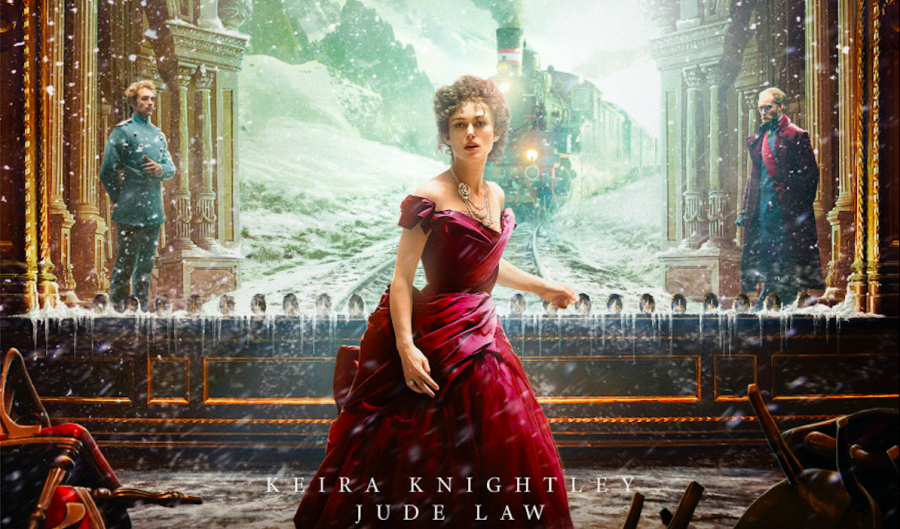Universal Pictures
Russian adultery in very fancy clothes
“All screen adaptations are alike, but each successful screen adaptation finds a way to be successful in its own way.” If too much artistic liberty is taken into molding the narrative into something completely different, the film needs saving with high budget sets and costumes. British director Joe Wright’s Anna Karenina is different from his other literary adaptations like “Pride and Prejudice” and “Atonement” because it takes artistic liberty in a clever way.
There are many adaptations of Tolstoy’s famous novel out there, but Mr. Wright’s version is avant-garde. The cities of Moscow and St. Petersburg are envisioned in an elaborate stage-like setting. As the characters move around props, change costumes “on-stage”, and walk through catwalks and ropes, those with sharp minds will see a painting of Imperial Russia’s hierarchical society. To bring out the historical accuracy, actors needed to “fit into society” by saying the right lines, following proper stage directions, and not “improvising”, or else they would be outcasts. After all, the theatre was a place for dramatic performance and moral judgment, a gathering of nobles to see and to be seen.
Anna Karenina is the beautiful, graceful wife of Count Karenin (Jude Law), a cold, passionless, government official. When we meet her, Anna travels from St. Petersburg to Moscow to solve her brother, Stiva Oblonsky’s (Matthew Mc Fayden), infidelity and save his marriage with Dolly. When Anna and Vronsky (Aaron Taylor-Johnson), a young military officer, meet at the train station there is an instant spark. Their tryst spirals down into a destructive romantic passion that desecrates Anna’s marriage and home. Society casts away Anna Karenina, and she is left to suffer the consequences.
Wright’s adaptation of the realistic novel is highly stylized with sumptuous designs by Sarah Greenwood, superb editing by Melanie Ann Oliver, Seamus McGarvey’s riveting cinematography, Dario Marianelli’s magnificent Russian-inspired score, and Jacqueline Durran’s lavish costumes. But Tolstoy’s readers would argue that Wright’s movie skates over crucial parts of the novel. This movie not only ruins Vronsky’s character with Taylor-Johnson’s passionless interpretation, but it also rushes Anna and Vronsky’s romance of fifteen chapters in under ten minutes and brushes over political and social conflicts.
Hence the movie doesn’t hit you with a train. It doesn’t hit that note of tragedy like Tolstoy’s Anna Karenina. “Why do they call it love, anyway?” Dolly’s younger sister, Kitty (Alicia Vikander), asks in disappointment, and Dolly replies, “because it’s love”. Anna Karenina is not a romance, it’s a study of the varieties of love. From Anna and Vronsky’s destructive passionate romance to Kitty and Levin’s idealistic pure love – this movie has it all. But, the theatrical aspect shouldn’t become a barrier to emotional involvement, passion, and love.
